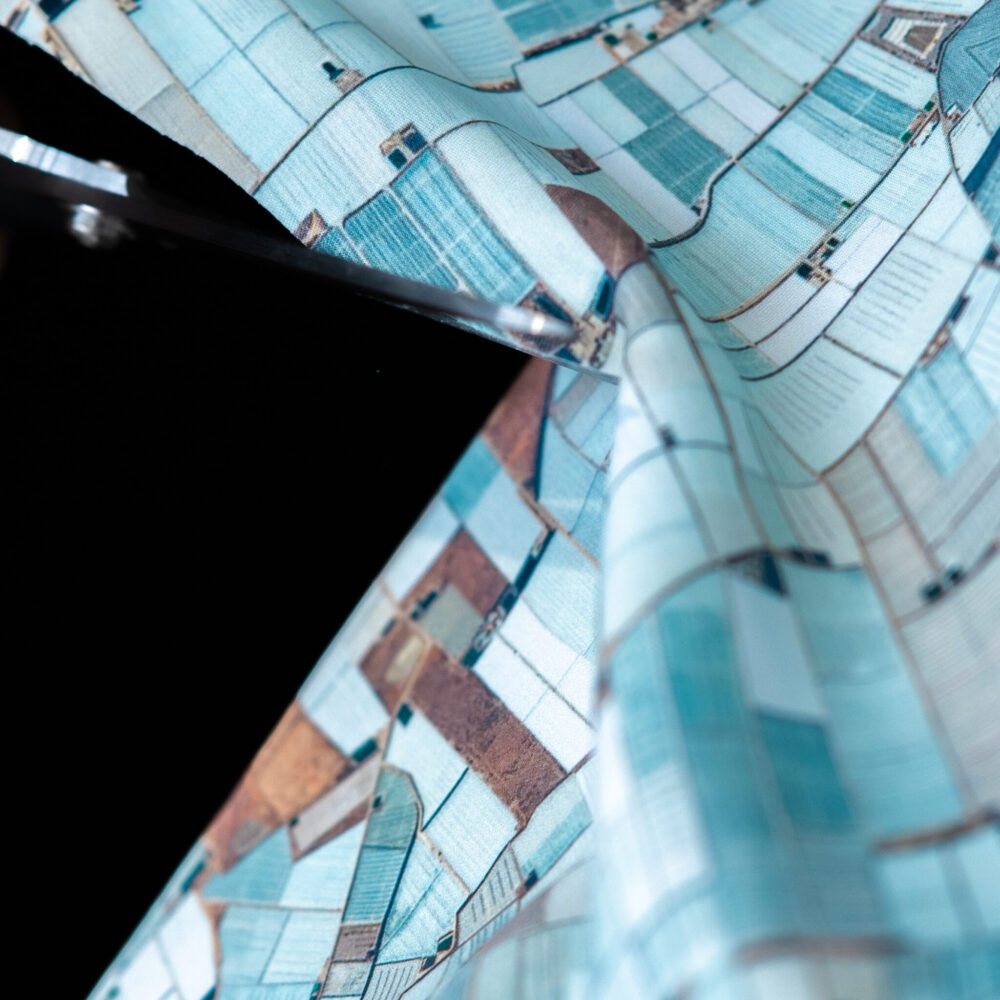Responsible Fashion: Commitment to a Sustainable Future
Fashion is an ever-evolving industry, but in recent years, it has faced a significant challenge: moving beyond fast fashion. This model of rapid production and consumption has dominated the industry for years, but an increasing number of consumers and industry stakeholders are seeking more sustainable alternatives. In this article, we will explore whether the fashion market is ready to move past fast fashion and embrace a more sustainable future.
In recent years, fast fashion has faced mounting criticism for its negative environmental impacts and its effects on industry workers. The fashion industry has become one of the most polluting worldwide, with excessive production generating vast amounts of waste and irresponsible consumption often leading to garments quickly deteriorating after minimal use. Additionally, many fast fashion companies have been embroiled in scandals related to labor exploitation, shedding light on precarious working conditions along the supply chain.
Fortunately, consumers are becoming increasingly aware of the impact of their clothing choices. Today, many people are seeking brands that are transparent about their production practices and offer sustainable alternatives. The demand for ethical and sustainable fashion is steadily growing, compelling companies to reconsider their business models and invest in more sustainable practices.
Some companies are emerging as examples of a different approach to fashion. Ethical and sustainable fashion brands are gaining popularity by offering garments made from eco-friendly materials, utilizing low-impact production processes, and ensuring ethical working conditions throughout the supply chain. Additionally, the concept of circular fashion is gaining traction, promoting reuse, recycling, and rethinking ownership, pushing towards a fashion model based on renting and swapping.
In addition to changes at the consumer and corporate levels, institutions and industry players are taking steps to promote more sustainable fashion. Governmental bodies are introducing regulations aimed at reducing the industry’s environmental impact, promoting transparency in the supply chain, and incentivizing sustainable production practices. Simultaneously, many fashion schools are integrating sustainability education into their curricula, preparing the next generation of designers to be mindful of the challenges and opportunities related to sustainable fashion.
While fast fashion has dominated the fashion industry for years, the market appears to be finally ready to move beyond it. Consumers are increasingly aware of production and consumption-related issues and are seeking more sustainable alternatives. Companies are responding to this demand by adopting more ethical and sustainable business models. Institutions and industry players are doing their part in promoting more responsible fashion and integrating sustainability into educational programs. The future of fashion seems to be heading towards greater sustainability, offering opportunities for a fairer, environmentally conscious, and socially responsible industry.








